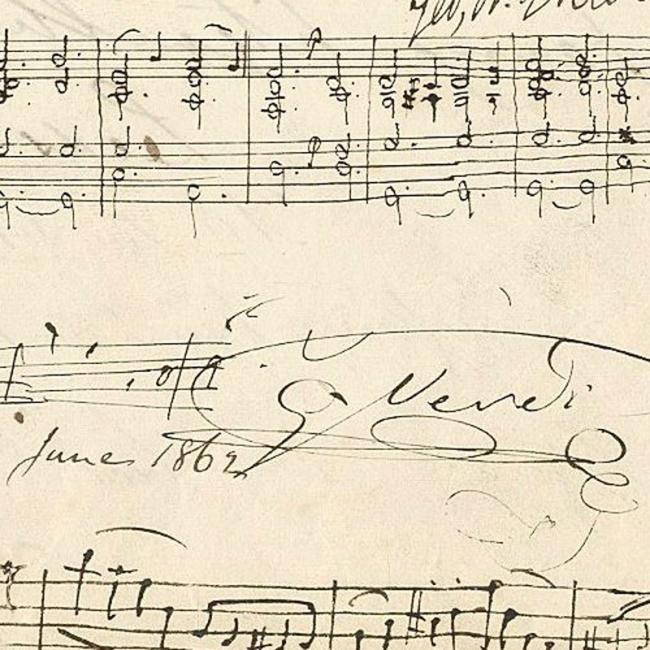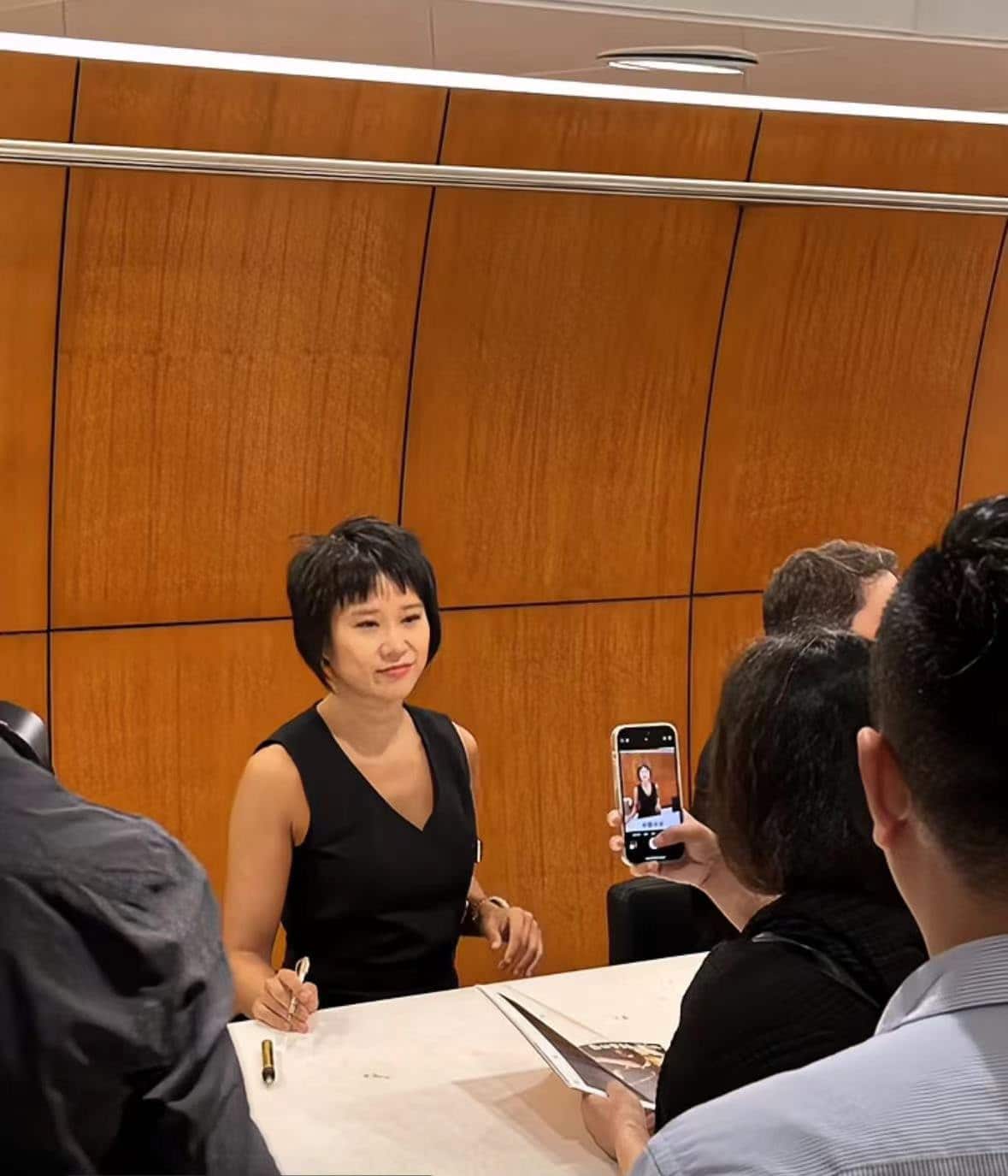Maestros beg Italy for access to Verdi scores
mainFifty leading figures in music and the humanities – led by Barenboim, Chailly, Domingo, Gatti, Mehta, Pappano, Pollini, Thielemann, along with leaders in Italian public life such as Dario Fo, Bernardo Bertolucci, Andrea Camilleri, Claudio Magris, and Umberto Veronesi – have signed an appeal to the Italian Minister of Cultural Heritage regarding scholarly access to the archives of composers Giuseppe Verdi and Giacomo Puccini.
These two important private archives – the Archivio Verdi in Sant’Agata (Piacenza) and the Archivio Puccini in Torre del Lago (Lucca) – belong to the composers’ heirs. Many important manuscripts, fundamental to the study of how these two composers lived and created their music, are stored in the two archives. But without proper access it is not possible to know where precisely, and in what condition, they are being preserved.
All over Europe, access is given to researchers to study manuscripts of important composers. Concerning Verdi and Puccini, it is not even possible to know precisely the content of their archives: the composers’ heirs refuse to allow researchers access to examine the manuscripts. This refusal violates art. n. 127 of the Cultural Heritage Code.
The appeal to the Italian Minister of Cultural Heritage is published by the Italian monthly “Classic Voice” magazine. The fifty signatories are:
Roberto Abbado, Salvatore Accardo, Alberto Arbasino, Rosellina Archinto, Daniel Barenboim, Giorgio Battistelli, Bernardo Bertolucci, Francesco Saverio Borrelli, Mario Brunello, Renato Bruson, Massimo Cacciari, Bruno Cagli, Andrea Camilleri, Riccardo Chailly, James Conlon, Azio Corghi, Plácido Domingo, Ivan Fedele, Juan Diego Flórez, Dario Fo, Carlo Fontana, Luca Francesconi, Daniele Gatti, Gianluigi Gelmetti, Adriano Guarnieri, Philippe Jordan, Raina Kabaivanska, Fabio Luisi, Nicola Luisotti, Claudio Magris, Giacomo Manzoni, Michele Mariotti, Mario Martone, Zubin Mehta, Francesco Meli, Kent Nagano, Gianandrea Noseda, Anthony Pappano, Michele Pertusi, Maurizio Pollini, Salvatore Sciarrino, Renata Scotto, Alessandro Solbiati, Peter Stein, Christian Thielemann, Marco Tutino, Uto Ughi, Fabio Vacchi, Umberto Veronesi, Alberto Zedda.






Comments